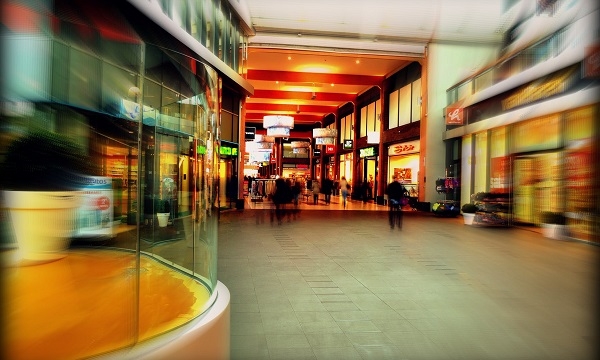
Retail REITs stage turnaround
The threat from online shopping has eased as the share of e-commerce in total retail sales slowed to 5.4%.
Despite the challenge posed by online shopping, the retail REIT sector is proving that it can still stand against e-commerce titans and keep up with its stronger office and hospitality REITs, according to UOB Kay Hian.
Online retail sales accounted for just 5.4% of total retail sales, excluding motor vehicles, in April, which is “not as pervasive as feared,” according to Jonathan Koh, analyst at UOB Kay Hian. This compares to a peak of 6.6% in November 2018.
“[W]e argue that the penetration of online shopping is near saturation. Retail malls in Singapore have also adapted by allocating more retail space to F&B outlets,” he added.
Also read: Retail's saving grace: Singapore malls embrace activity-based tenants
F&B segments are estimated to take up to 40% of spaces for malls completed two to three decades ago, and relatively newer retail spaces can accommodate around 35% to 38% of such tenants, Savills said in an earlier interview. Retail podiums with sizes at or below 100,000 sqft of net lettable area that are located in Grade A CBD offices can house up to 90% for F&B purposes.
Moreover, the contribution of tourists to retail sales has also grown from 16.7% in 2000 to 23.6% in 2016, which tapered off slightly to 21.5% in 2019. Tourists’ expenditures on shopping and F&B have grown at a 10-year CAGR of 3.4% and 3.1%, respectively, which is faster than 1.4% for retail sales excluding motor vehicles.
The positive rental environment also brings good news to the sector. In aggregate, rents for Orchard Road and suburban malls fell 6.9% and 3.1%, respectively, in 2015 and 2016 but have bottomed since the first six months of 2017. According to CBRE, rents for Orchard Road and suburban malls edged higher by 1.3% and 1.2%, respectively, to $31.70 psf and $29.15 psf in 2018.
“CapitaLand Mall Trust (CMT), Frasers Centrepoint Trust (FCT) and Mapletree Commercial Trust (MCT) have recently reported stronger positive rental reversions of 1.2% (previous: 0.7%), 5.4% (previous: 3.2%) and 3.5% (previous: 1.5%),” added Koh.
























 Advertise
Advertise






